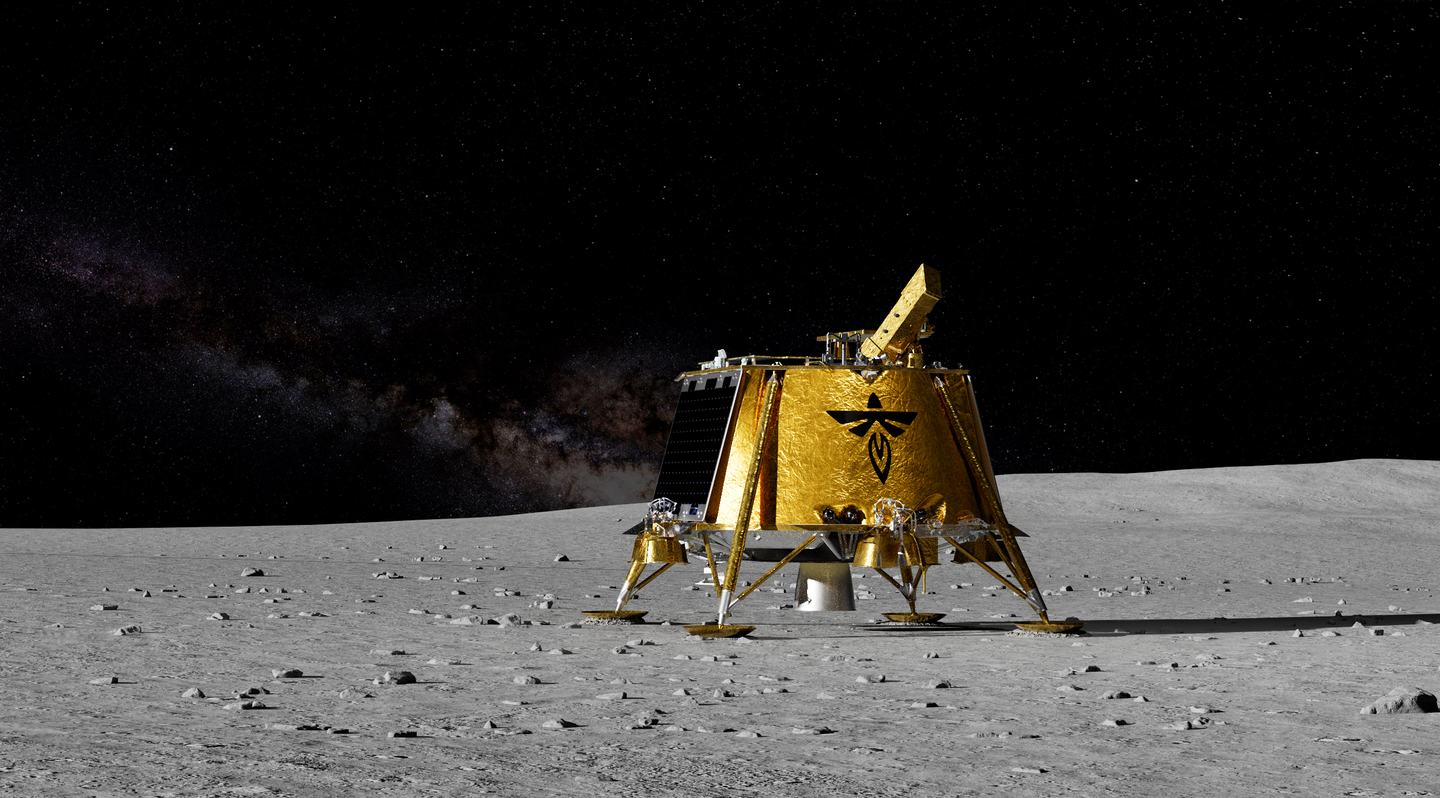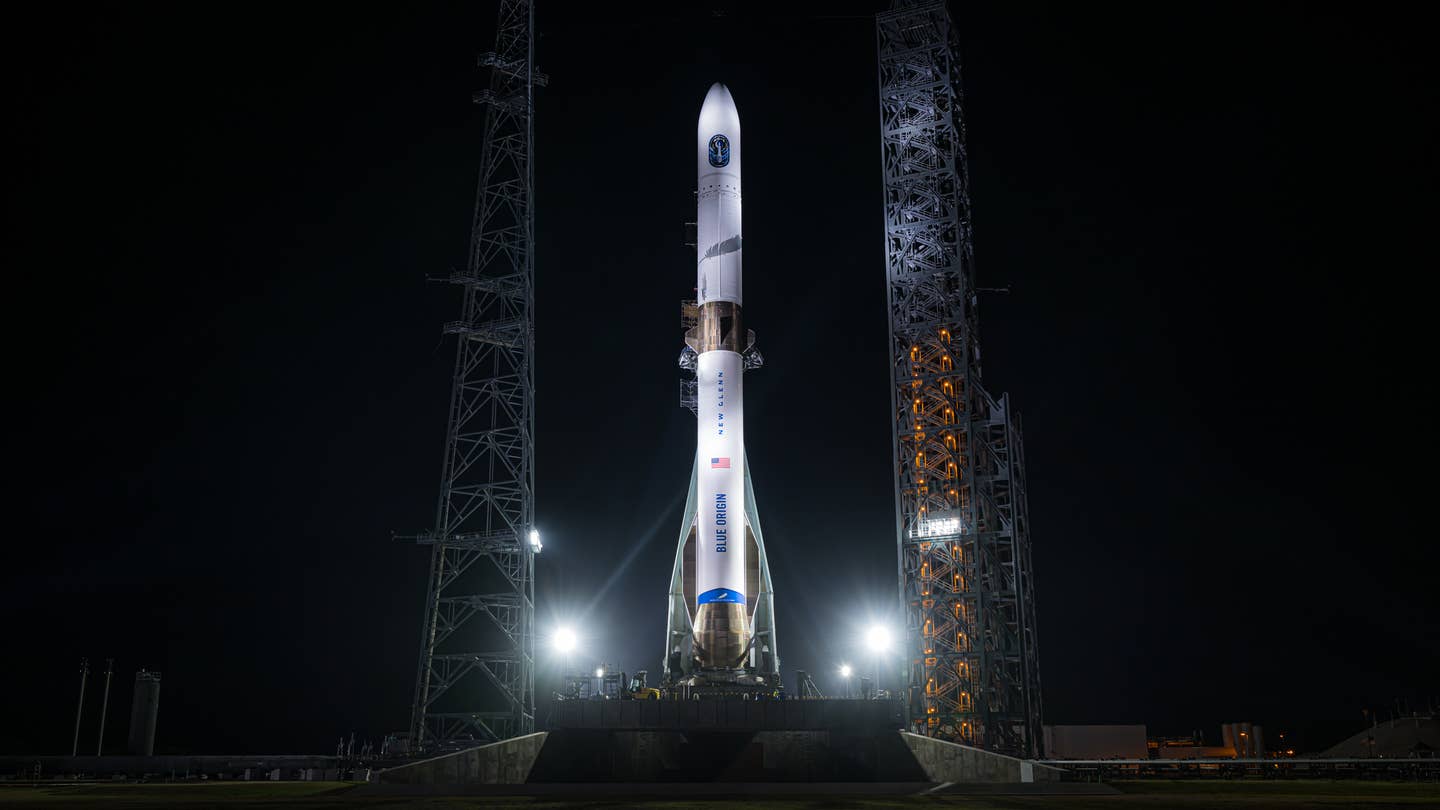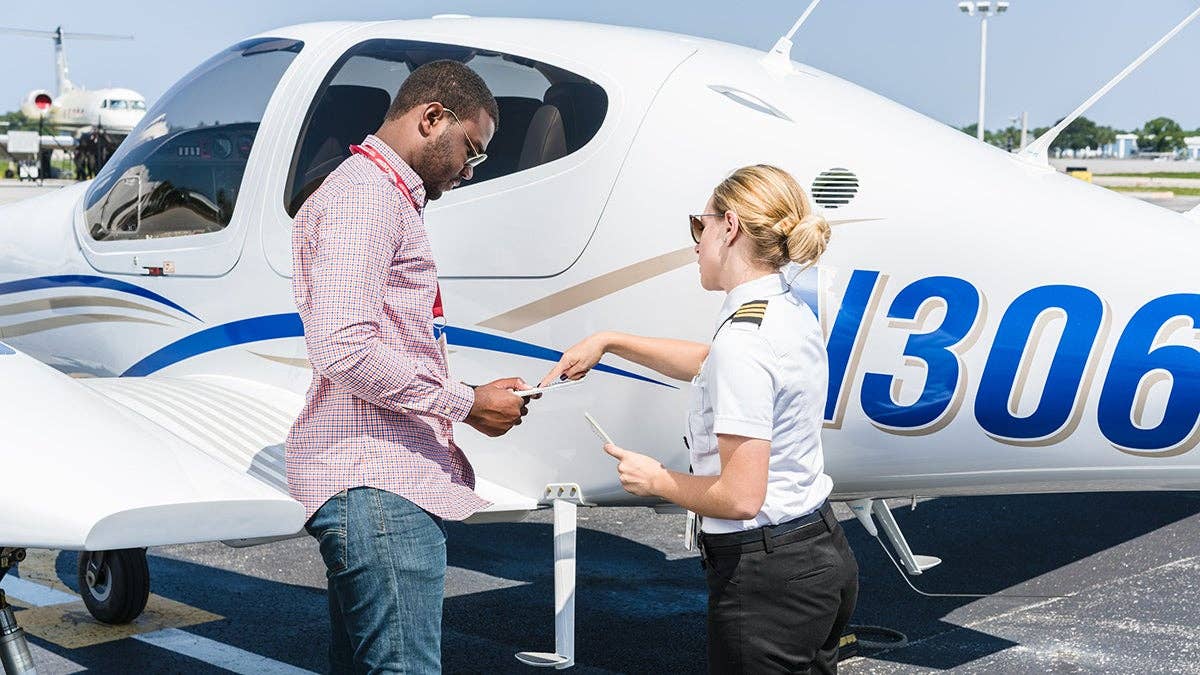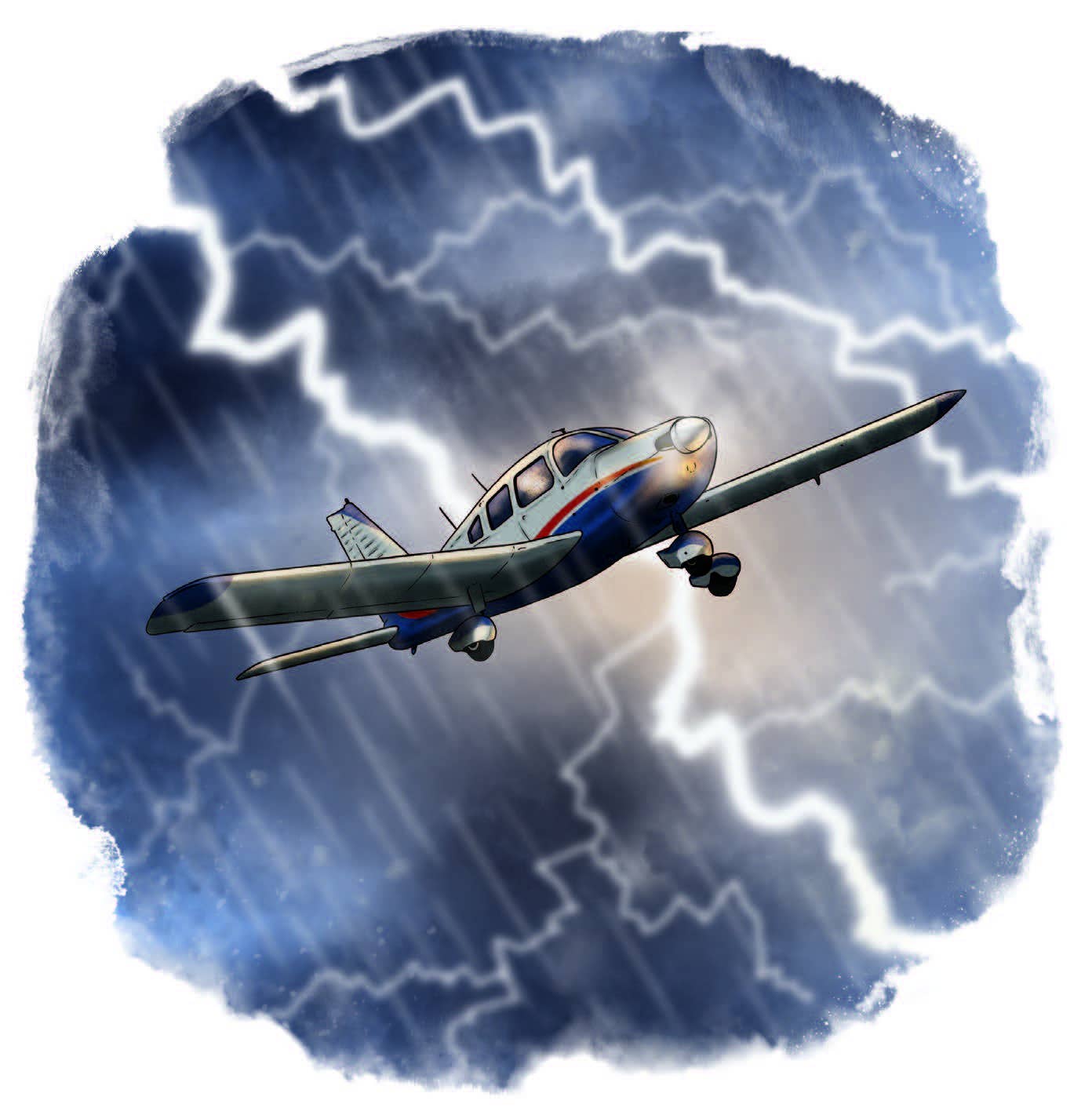European Airlines Will Soon Demand Psychological and Substance Screening for Flight Crews

EU has begun organizing new rules to screen pilots for mental illness issues, in addition to drugs and alcohol, as the result of the deadly 2015 Germanwings crash. Germanwings
In response to the deliberate crash of Germanwings Flight 9525 by the jetliner's first officer, airlines within the European Union will now be required to perform psychological assessments of new pilots, as well as introduce policies to prevent and detect the misuse of psychoactive substances in pilots and cabin crew, according to AIN.
First officer Andreas Lubitz purposely crashed Germanwings Flight 9525 into a French mountainside in 2015 when he locked the captain out of the cockpit. Lubitz reportedly had a history of depression, and was being medicated for the condition. He did not report this to his employer.
EU airlines must now develop objective, transparent and non-discriminatory screening for psychoactive substances, including alcohol, opioids, cannabinoids, sedatives and hypnotics, cocaine, other psychostimulants, hallucinogens, and volatile solvents. Caffeine and tobacco will not be included. Alcohol testing will also be strengthened.
Airlines in Germany already have similar screening practices, German Aviation Association spokesman Ivo Rzegotta explained to AIN. “In fact, the existing programs of the German airlines were a blueprint for the regulation, which is now binding for all EU airlines,” Rzegotta said. “The new EU regulations therefore create one thing above all, a binding basis for all European airlines and thus even more safety in aviation.”
Screening will take place during employment, and further random testing will occur after rehabilitation and return to work. Airlines must also provide access to support programs for those found to have psychological conditions. The programs will begin in 2020.

Sign-up for newsletters & special offers!
Get the latest FLYING stories & special offers delivered directly to your inbox






